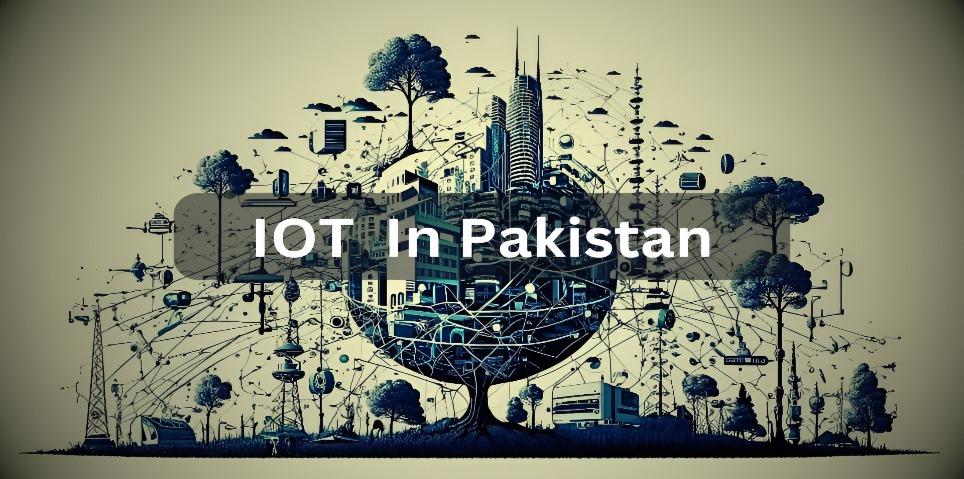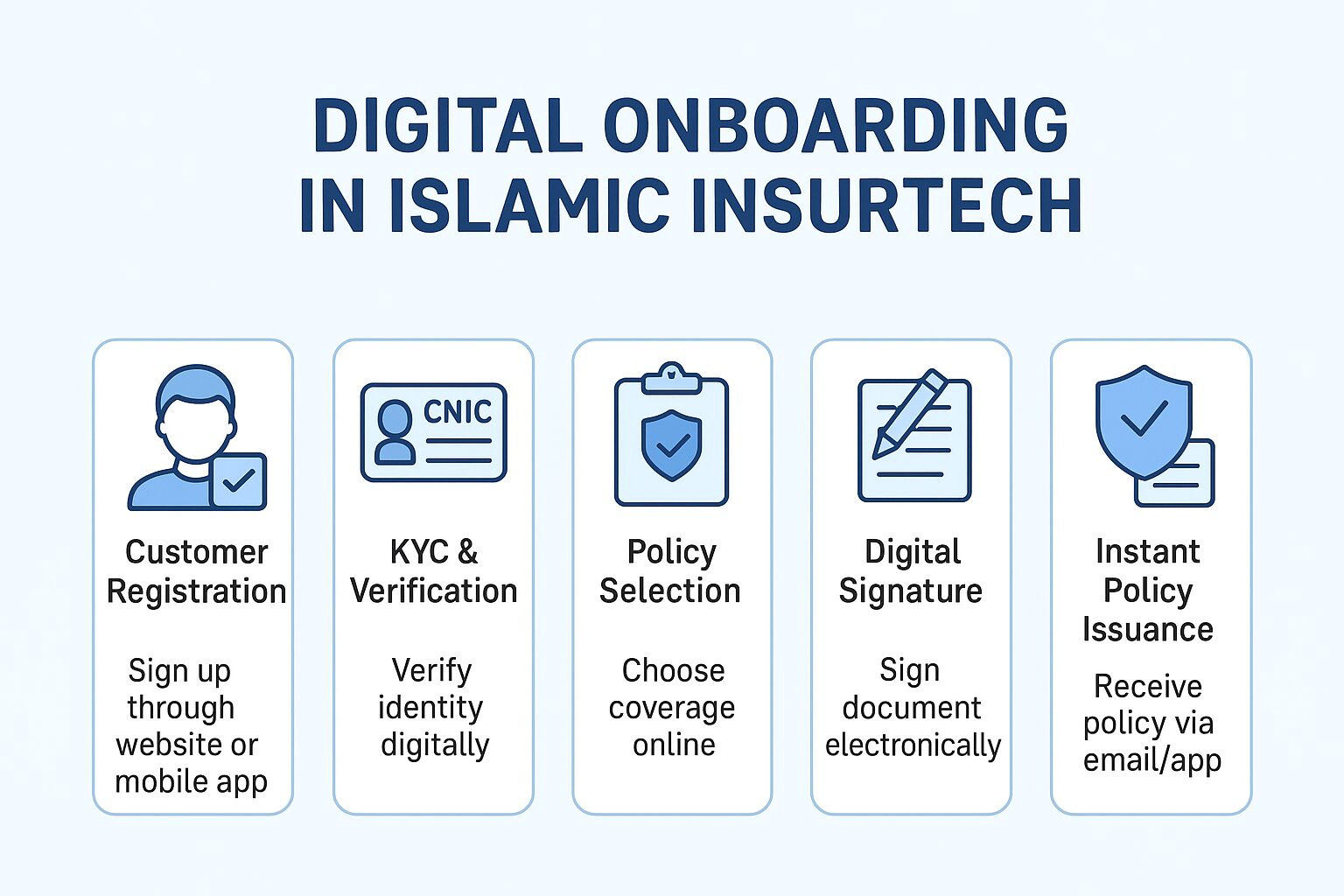Internet of Things (IoT) Timeline in Pakistan and the Insurance Sector:
The Internet of Things (IoT) term was introduced first in 1999 by Kevin Ashton, who was a computer scientist and worked at Procter & Gamble, where he put radio-frequency identification (RFID) chips on products to track them via a supply chain. In 2000, LG introduced the first smart refrigerator, and the first iPhone was launched in 2007. Google started to test driver-less cars in 2009. In 2011, Google’s Nest smart thermostat hit the market, which allowed remote control of central heating.
Timeline of IOT in Pakistan:
The Internet of Things (IoT) has been gaining momentum in Pakistan. Many projects on IoT have been introduced. A brief timeline of IoT in Pakistan is mentioned here:
2016: Pakistan’s first IoT lab was established in Lahore by the Punjab Information Technology Board (PITB) to provide a platform for students, entrepreneurs, and startups to work on it.
2017: The Karachi Smart City Project was established to transform Karachi.
2018: The IoT Forum Pakistan was established to promote Internet of Things (IoT) technology via several events and workshops to create awareness.
2019: The Ministry of Information Technology and Telecommunication (MoITT) launched the IoT-based National Incubation Center (NIC) in Islamabad, which provides state-of-the-art facilities and resources to develop IoT-based products and services.
2020: The COVID-19 promoted IoT-based solutions in Pakistan, especially in healthcare systems.
2021: The government of Pakistan announced the National IoT Strategy to encourage the adoption of IoT.
Overall, the IoT ecosystem in Pakistan is still in its infancy stage.
Internet of Things (IoT) Timeline in the Pakistan Insurance Sector:
The insurance industry in Pakistan is inclined to adopt IoT. A short timeline of IoT in Pakistan’s insurance industry is discussed:
2018: TPL Insurance partnered with Pakistan’s first IoT Lab to develop IoT-based insurance solutions. Telematics, as an IoT device, is used to collect data on driver behavior and offer customized insurance plans.
2019: Jubilee Insurance launched an IoT-based health insurance product called “Smart Health.” Wearable devices, as IoT is opted for, gather data on the customer’s health and offer personalized health plans.
2020: The COVID-19 pandemic led to an increased demand for digital insurance solutions in Pakistan. Several insurance companies launched IoT-based solutions such as remote health monitoring devices, contact tracing apps, and digital claims processing systems.
2021: TPL Insurance offers “TPL Drive.”
2022: EFU Life introduces an IoT-based life insurance product called “SmartLife.”
Overall, there is vital potential for growth in the upcoming years. IoT assists insurance companies in offering customized plans. As per a report by Statista, the projected revenue in the industrial IoT market in Pakistan is projected to reach US$0.36 billion in 2024.






